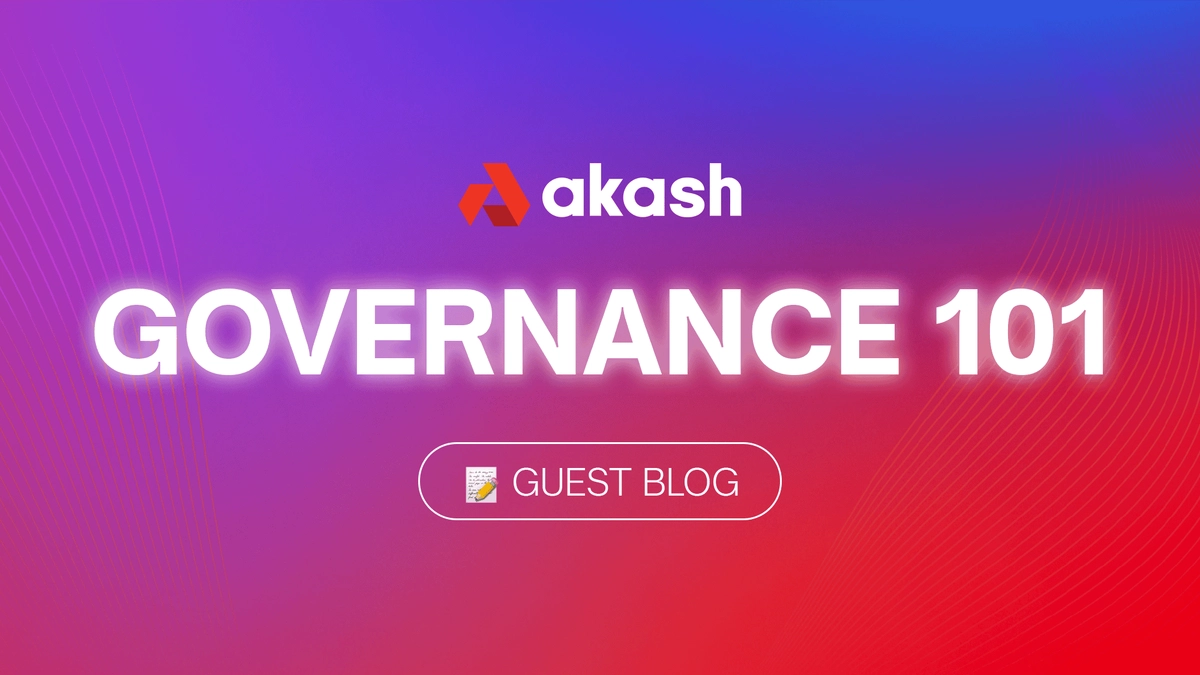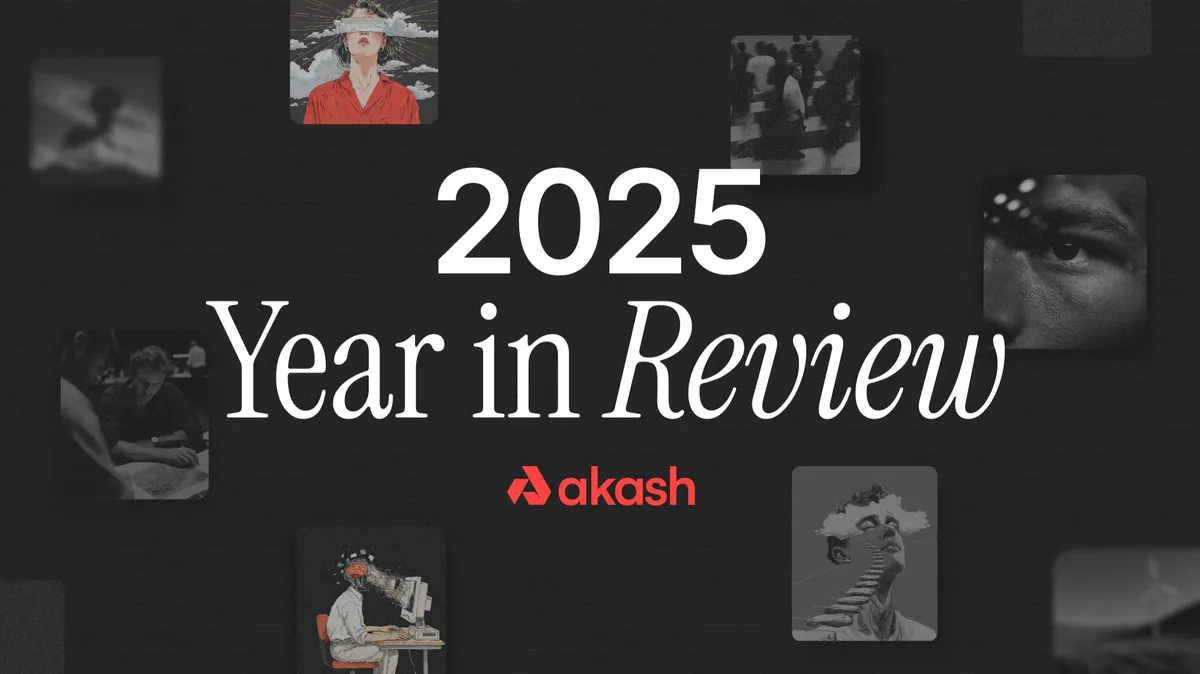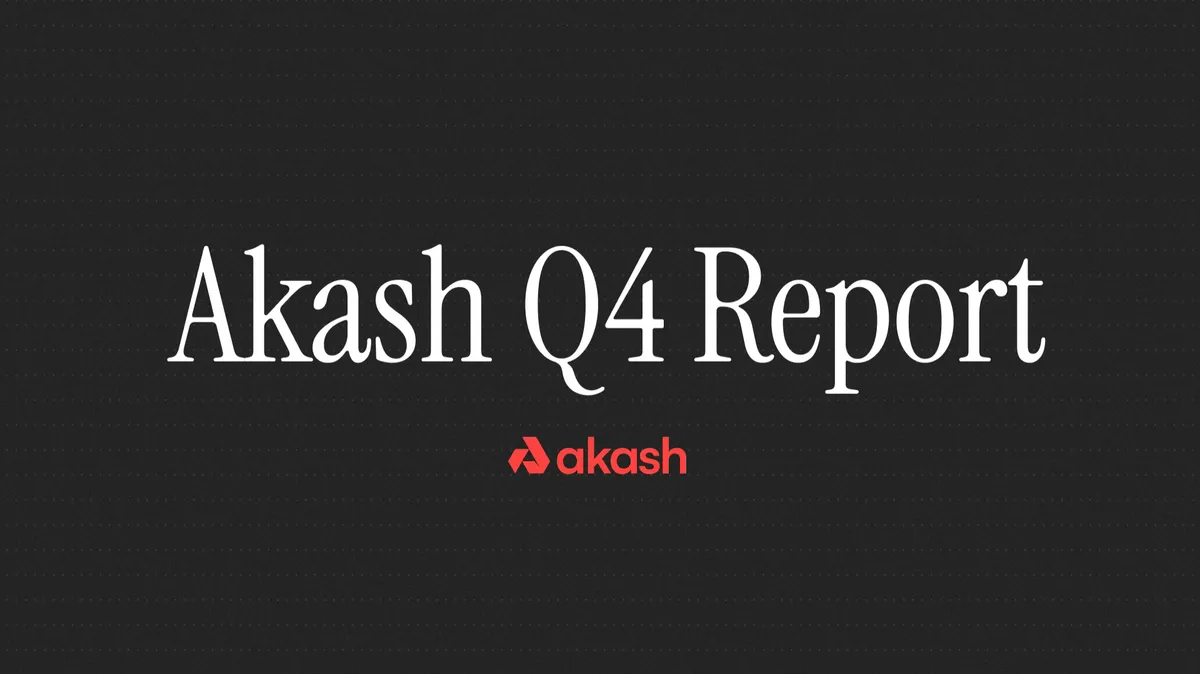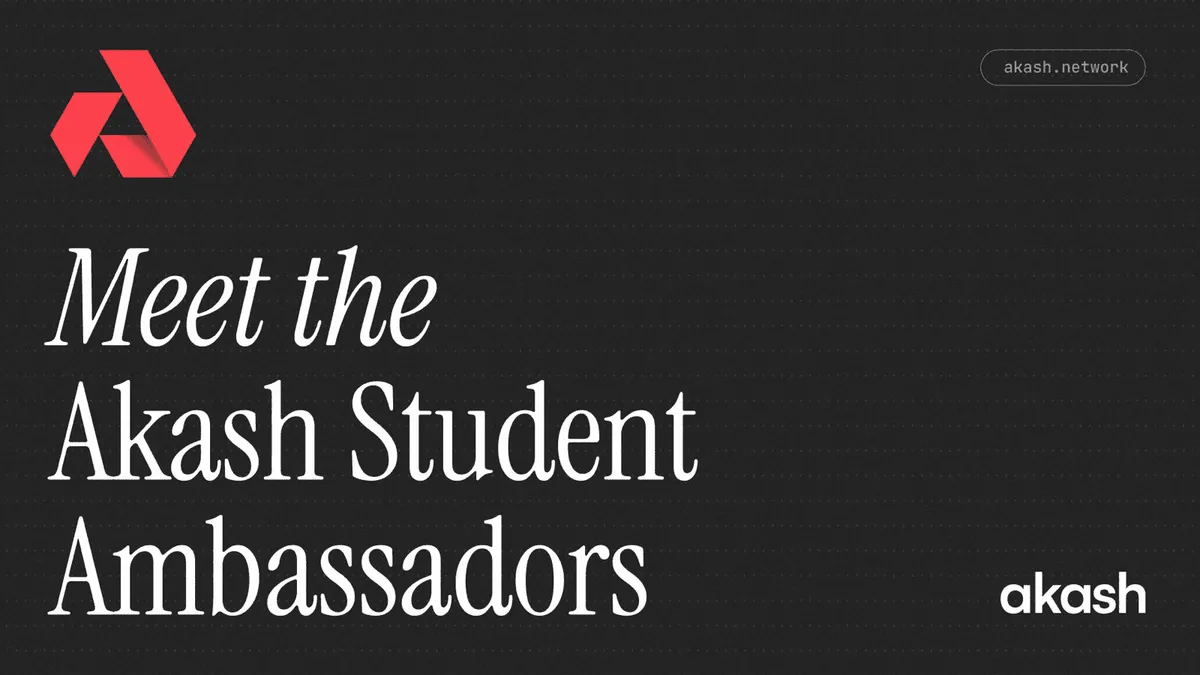
Blockchain technology is one of the most important innovations of our time. Although it has been around since the early 1990s, it isn’t until now that many of us are seeing its real potential.
Blockchain tech has been growing exponentially year after year and thanks to new developments, such as blockchain governance, we are going to see this technology change our world as we know it.
Solving Real-World Problems
Right now, most people believe that blockchains are only about cryptocurrencies, NFT collectibles and public ledgers, but the reality is that this technology is capable of solving real life problems, such as health record management, identification management, supply chain, HR tools and a whole lot more.
One of the most important benefits of blockchain tech is its use as a governance tool or system. Blockchain governance can basically give any organization, any government, any business or any community, the tools and the fundamentals to become a transparent and true democracy.
Throughout history, there have been many problems with different types of governments, companies and groups. Ambition, avarice and corruption, are only a few of the problems that can be solved by applying a blockchain governance system to an organization.
This technology basically allows all citizens, all stockholders or all members of a group, to cast their votes, to know exactly how many votes have been cast, and to propose new ideas or plans.
How Does Blockchain Governance Work?
As of today, we have two different types of blockchains, Proof of Work (PoW) and Proof of Stake (PoS).
In PoW blockchains, miners or nodes, are basically competing against each other, to try and solve a cryptographic puzzle before the others do. The miner or the node that deciphers that puzzle first will be awarded a specific amount of tokens.
In these types of blockchains, there is no blockchain governance and these are mostly used for financial or for speculation purposes.
In PoS blockchains, there are no miners. Instead, these blockchains have validator nodes, which work towards making sure that blockchain transactions are passed correctly.
These types of blockchains, require tokens to be held or staked within their ecosystems and this is how validators are able to prove each transaction.
There are different types of rewards for PoS blockchain validators and for the members who stake or delegate their tokens with them, but the people that do have their coins or tokens held within the blockchain, get to participate in the governance aspect of the ecosystem.
As it was mentioned before, any person who is part of a group, could be more involved in the decision-making process of any organization and thus, change the path that their group will take, as well as its results.
Besides making the entire process extremely transparent, blockchain governance also helps to eliminate many of the problems that can come from immoral members of a group and in the end, this increases the probabilities of the group achieving their goals.
Instead of using tokens or coins from a blockchain as currency or as collectibles, these can become a company stock or a share, a government ID, a membership card or something that identifies each individual of a group.
Just as most of us use our government IDs to vote in our country’s elections, these governance tokens give us the right to vote on any proposal or decision that needs to be made within our groups.
Not only does this technology make the results of an election or proposal truly transparent, but it also solves other problems, like not needing to spend time and resources on counting votes, as the blockchain will take care of this almost instantly; it can also solve the problem of not enough members casting their votes, as this technology allows us to vote from our mobile devices or from our computers, without having to rely on transportation, without having to spend time waiting in lines and without having to do much effort at all.
Making it as easy as possible for all members of a group to cast their votes and allowing them to make their opinions and their values truly count, turns the process and the group into a real democracy.
This is without a doubt, one of the best methods for making each one of us, as equal and as important, as any of the other members of our groups.
In a few words, blockchain governance is the new democratic process or system, which simplifies voting and helps any group to achieve its goals.
How Can I Participate in Blockchain Governance?
Being part of blockchain governance is extremely easy. You only need to find a project or an organization that uses a PoS blockchain system, acquire some of its tokens and keep them in your wallet or delegate some of those tokens to a validator.
Each project will have its own rules, its own rewards and its own processes, but by simply holding your tokens, you will have the right to cast your vote on proposals and to form part of the governance aspect of that project.
Every blockchain has some type of wallet or software that allows you to hold and store your tokens. Most of these wallets will have an option for you to participate in the blockchain governance and it is as easy as reading through the proposals, deciding how you want to cast your vote and finally pressing a button.
After you have gone through the process once, you will have no problem doing it over and over again.
Will We See This Technology Impact Our World Soon?
Blockchain governance is already being used by different organizations and projects. The results that most of these are having, have exceeded expectations and they are proof that this technology is here to stay.
It will not be long before more governments and more organizations start using this system to bring transparency and democracy to their road maps and to their goals.
It is extremely likely that most democratic governments will start using this technology within the next decade. It is also very likely that this technology will be a requirement for many organizations and for many groups within the next five years.
If you are still not part of blockchain governance, you will most likely have to be very soon.
Although it may seem a little scary or a little difficult to understand at first, the reality is that it is very simple and that it is one of the most important use cases for blockchains, as well as one of the most important technologies that we will ever have.


